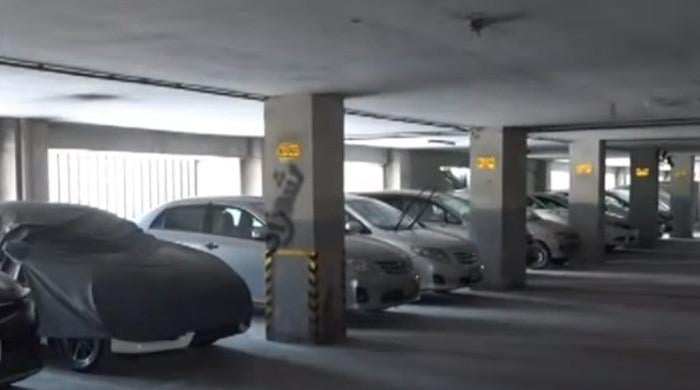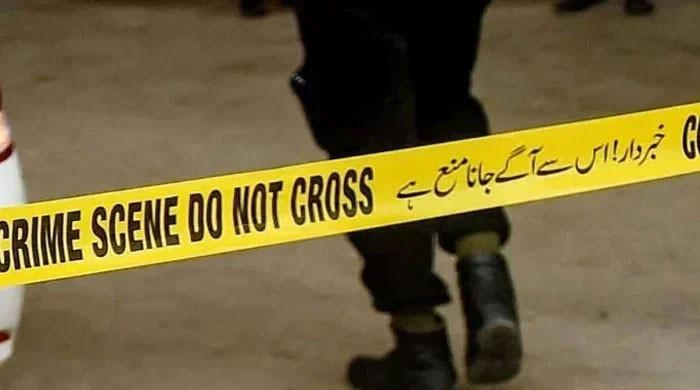Contempt law: Parliamentary record presented in SC
ISLAMABAD: The Supreme Court of Pakistan resumed hearing of various identical petitions challenging the Contempt of Court Act 2012 Thursday, Geo News reported.A five-member bench of the apex court...
July 26, 2012
A five-member bench of the apex court comprising Justice Iftikhar Muhammad Chaudhry, Justice Shakirullah Jan, Justice Khilji Arif Hussain, Justice Jawad S Khawaja and Justice Tassadduq Hussain Jilani was hearing the petitions against the law.
During today’s proceedings, the lawyers representing the petitioners in the case continued their arguments against the law while the parliamentary record of the debate that took place during the passage of contempt bill was also presented before the bench.
One of the petitioners’ lawyer Ahsan Uddin read out the debate content in the court.
On Wednesday, the court had sought the parliamentary record of the debate. Justice Jawad observed that different laws for the poor and the rich would lead us to disaster.
Abdul Rehman Siddiqui argued that parliament could not legislate against fundamental rights. In the new law, he said, the executive was given the authority over the judiciary despite the fact that the judiciary’s role could not be diminished in any case. The new law was introduced to save people like Babar Awan, Sharjeel Memon and Malik Riaz, whose contempt of court cases were pending in the court, he added.
AK Dogar argued that according to the Constitution, the new contempt law was a dead law. Counsel Abdul Rehman Siddiqui argued that the new contempt law was legislated to curtail the powers of the judiciary, was in violation of the Constitution, contradicted Islamic teachings and was passed with ill intentions.
The counsel asked the court to declare the law as void and said that legislation on the contempt law was the prerogative of the Supreme Court only. Federation’s council Abdul Shakoor Paracha said that he had come to the Supreme Court not to defend the contempt of court law but to assist the court.
The court then directed Paracha to produce the parliamentary record.
Asking whether US Presidents Richard Nixon and Bill Clinton were granted immunity, the chief justice observed that if the court had not granted immunity to the prime minister, it could also withhold it from the president.











